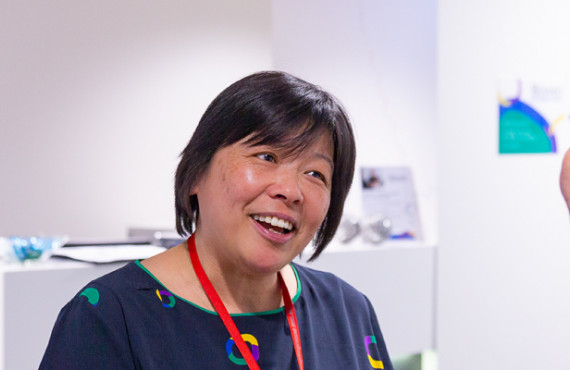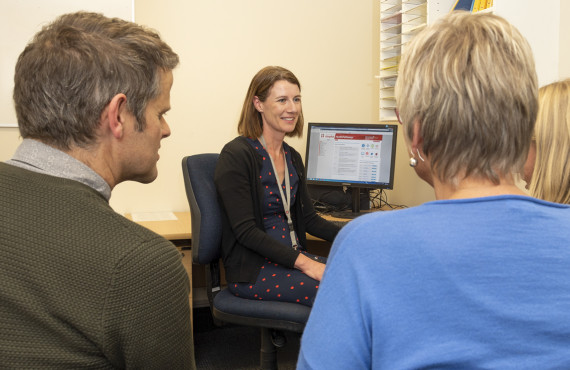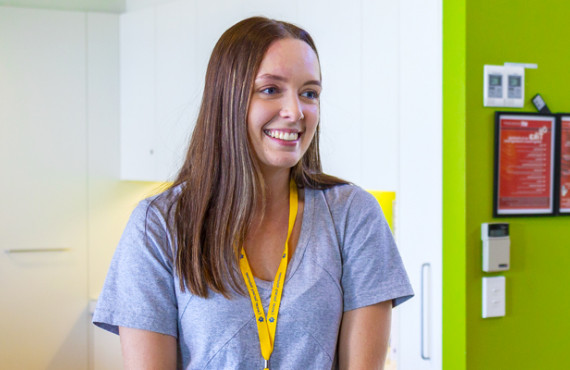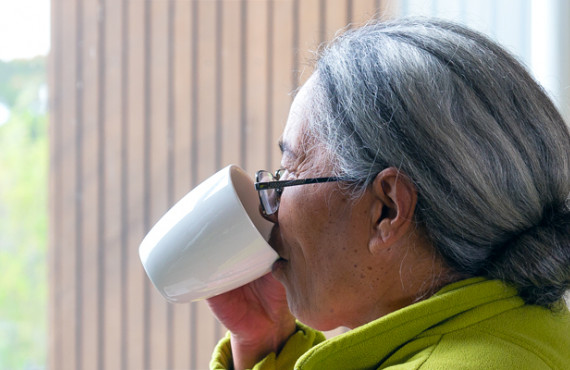If you have any symptoms of testicular cancer, they need to be checked by your doctor.
What is testicular cancer?
Testicular cancer is a cancer of the testicles, which are part of the male reproductive system that makes sperm.
Like the rest of the body, the testicles are made of tiny "building blocks" called cells.
Testicular cancer starts with the abnormal growth of these cells into a lump or tumour.
Cancer is a disease of the body's cells. It starts in our genes. Our bodies are constantly making new cells, a process controlled by certain genes. Cancers are caused by damage to these genes. As the damaged cells replicate a lump or tumour is formed.
Tumours can be:
- Benign - not cancerous. These do not spread to other parts of the body.
- Malignant - cancerous
Usually, cancer is only in one testicle, but cancer may grow in both testicles in rare cases.
Testicular cancer symptoms
Signs and symptoms of testicular cancer may include:
- a swelling or lump in a testicle
- a change in the size or shape of a testicle
- a feeling of heaviness or unevenness in the scrotum
- back pain
- pain or ache in your lower tummy (abdomen), back, testicles or scrotum
- swelling or tenderness of the breast tissue on your chest
Having these symptoms does not mean you have testicular cancer, but it is important to have any changes checked by your doctor.
Tips for talking to your doctor
- make a list of what you are feeling and how often it happens, including as much detail as possible
- think about your family/whānau history of cancer and tell your doctor
- go back to your doctor if you don't feel better, even if tests show you don't have a problem - you can ask for a second opinion if you want one
- take a family/whānau member or friend with you to the appointment for support

Learning more about the treatments you've been offered can help you prepare.

We've put together a list of questions you may wish to ask your treatment team.

We are here to help and support you and your whānau through cancer diagnosis, treatment and recovery…

Cancer can impact not only your health but your lifestyle and relationships.
We know that going through cancer is tough and can raise many questions. You are not alone.
We have health professionals to answer your questions and provide the support you need.
Get in touch
